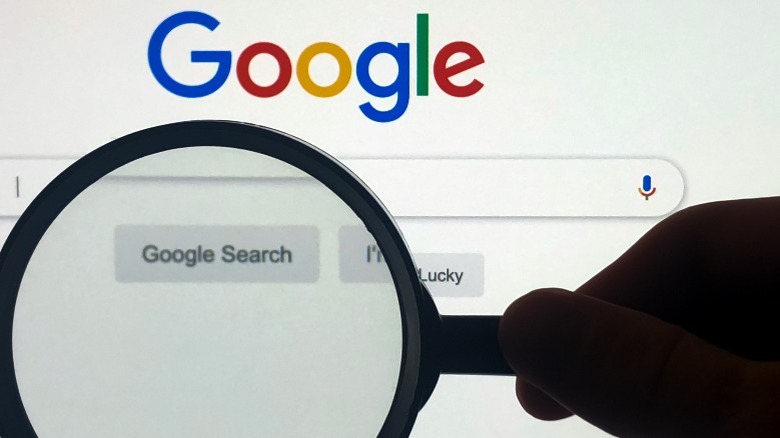Google Is Covertly Developing An AI-Powered Search Engine
Google is reportedly developing a next-gen search engine that will offer a "far more personalized experience" than the version currently used by hundreds of millions across the globe. According to The New York Times, the search engine would be more conversational, like Microsoft's own system in Bing that integrates a GPT4-powered chatbot into the search experience. Google has its take on ChatGPT, called Bard, and it won't be surprising to see the tech making its way to the next iteration of Google's eponymous search engine.
Another interesting feature Google plans for its upcoming search engine is continuous learning. The system will learn the usage pattern and preferences from how one interacts with it.
Accordingly, it will offer "lists of preselected options for objects to buy, information to research and other information." While that sounds convenient and will make it easier for users to find relevant information, a lot would depend on Google's discretion regarding which source it deems presentable, something internet publishers won't be too happy about.
New features for the exiting Search engine
In addition to developing a new search engine with no solid release timeline, the company is also working on new AI-powered features for the current-gen search engine under a project codenamed Magi. According to the report that cites internal documents, these capabilities are "being created by designers, engineers, and executives working in so-called sprint rooms to tweak and test the latest versions."
Magi won't reimagine Google's money-spinning online ads system and will keep showing ads in search results, especially those that could lead to a financial transaction. Google's ChatGPT rival, Bard, currently doesn't show ads, but the company plans to push ads while Bard performs specific tasks, such as writing code on behalf of users.
A team of about 160 engineers is reportedly working on the Magi project. Many employees are already testing some key features, such as asking follow-up questions to boost its conversational capability. Notably, Google is planning a public release of the tool next month in a limited capacity and will release more new search features in the fall season. The first batch to get access to Project Magi features will include one million users, but the number will swell to 30 million users by the end of the year. Google has reportedly sped up the development and deployment of AI products across its services in somewhat of a panic, especially after Microsoft took the lead by pumping billions into ChatGPT-creator OpenAI.

